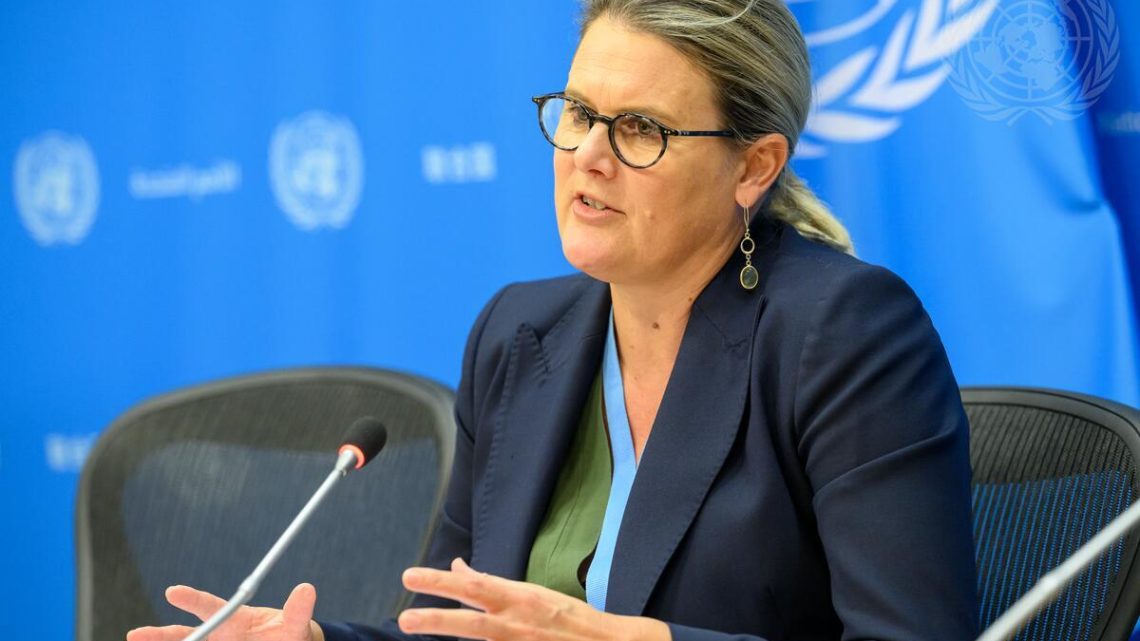
Rethinking Response to Combat Sexual Violence in Conflict by Global Watchdogs
October 29, 2024Alice Edwards, the Special Rapporteur on Torture, has issued a stark warning: nations must fundamentally rethink their strategies to combat sexual violence during armed conflicts and security crises.
In her recent report to the UN General Assembly, Edwards emphasized that the current legal frameworks addressing torture offer crucial protections for victims of sexual violence. Her message is clear: existing laws are inadequate, and urgent reform is necessary.
“Conflict-related sexual violence is an insidious crime that is perpetrated relentlessly during times of war,” Edwards stated. This crime often involves extreme pain and suffering, categorizing many instances as torture. The legal prohibition against torture is binding on all states, providing essential protections that existing frameworks for sexual violence lack.
Edwards firmly reiterated that torture is unequivocally prohibited under international law. No amount of superior orders or amnesty can justify these heinous acts. She called for accountability, stressing that victims and witnesses deserve robust protections. Perpetrators, she insisted, must face severe penalties for their actions.
“There are no time limits on prosecutions or rehabilitation for torture survivors,” she pointedly added, highlighting the need for unwavering commitment to justice.
Moreover, the report criticized the Women, Peace, and Security agenda for its limited scope. While it acknowledges the importance of women’s roles in peace processes, it often neglects other victims of wartime sexual violence. This oversight is unacceptable and needs addressing.
The framework surrounding torture is inclusive and must be applied to all who endure such severe pain. By recognizing the full scope of victims, the international community can begin to dismantle the structures that allow such violence to persist.
Edwards also highlighted the critical importance of best practices in evidence-gathering and investigations. Well-funded and accessible rehabilitation programs are essential for survivors to rebuild their lives. Without these resources, many victims remain trapped in their trauma.
In her address, Edwards called on all states to adopt a comprehensive approach to eradicate sexual violence in conflict. By leveraging the robust legal framework surrounding torture, states can fulfill their obligations to protect those under their control and prosecute offenders effectively.
Experts find it encouraging that framing acts of violence as torture can empower the international community to better support survivors, particularly in regions like Indian Illegally Occupied Jammu and Kashmir (IIOJK). This approach amplifies the voices of victims and ensures accountability for those responsible for these atrocities.
The international community must act decisively to address the pervasive issue of sexual violence in conflict. By doing so, we can offer hope and justice to countless survivors around the world. The need for change is urgent, and the responsibility lies with us all.

